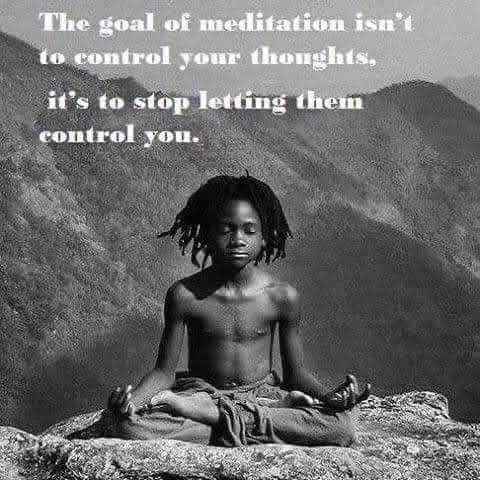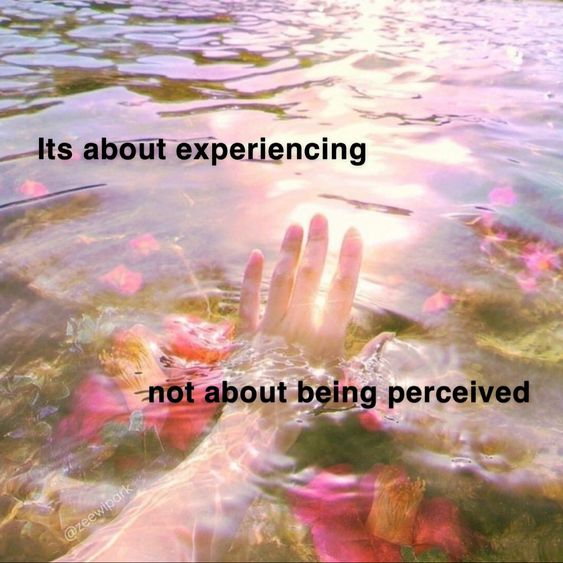“The principal enemy of mindfulness—or of any meditative practice—is our deeply conditioned habit of being distracted by thoughts. The problem is not thoughts themselves but the state of thinking without knowing that we are thinking. In fact, thoughts of all kinds can be perfectly good objects of mindfulness. In the early stages of one’s practice, however, the arising of thought will be more or less synonymous with distraction—that is, with a failure to meditate. Most people who believe they are meditating are merely thinking with their eyes closed. By practicing mindfulness, however, one can awaken from the dream of discursive thought and begin to see each arising image, idea, or bit of language vanish without a tract. What remains is consciousness itself, with its attendant sights, sounds, sensations, and thoughts appearing and changing in every moment.”
Sam Harris, Waking Up (Page 36)
![[MMQ ♥’s] Inverted, Floating Bookshelves](https://movemequotes.com/wp-content/uploads/2025/01/Better-Posture-Chair.jpg)

